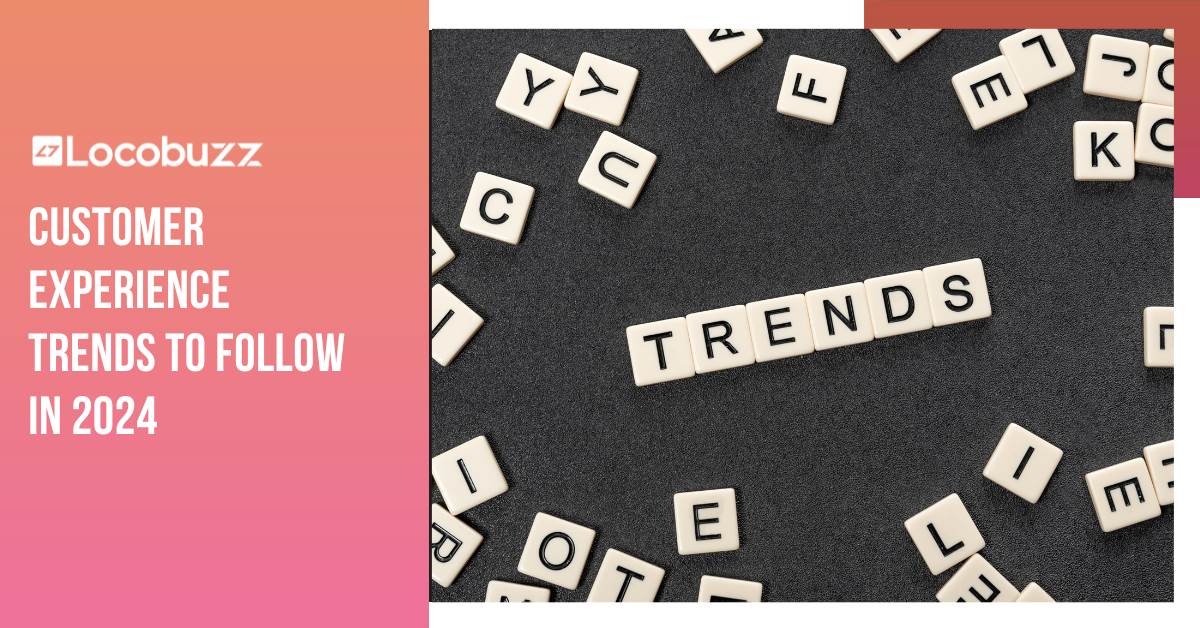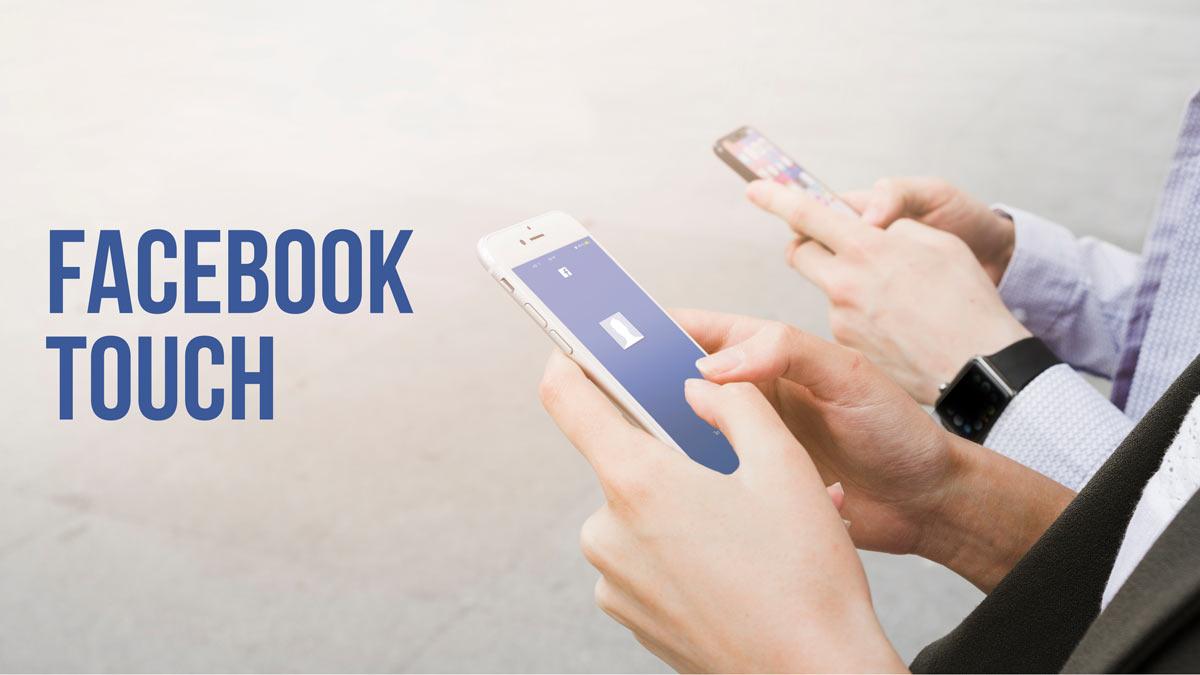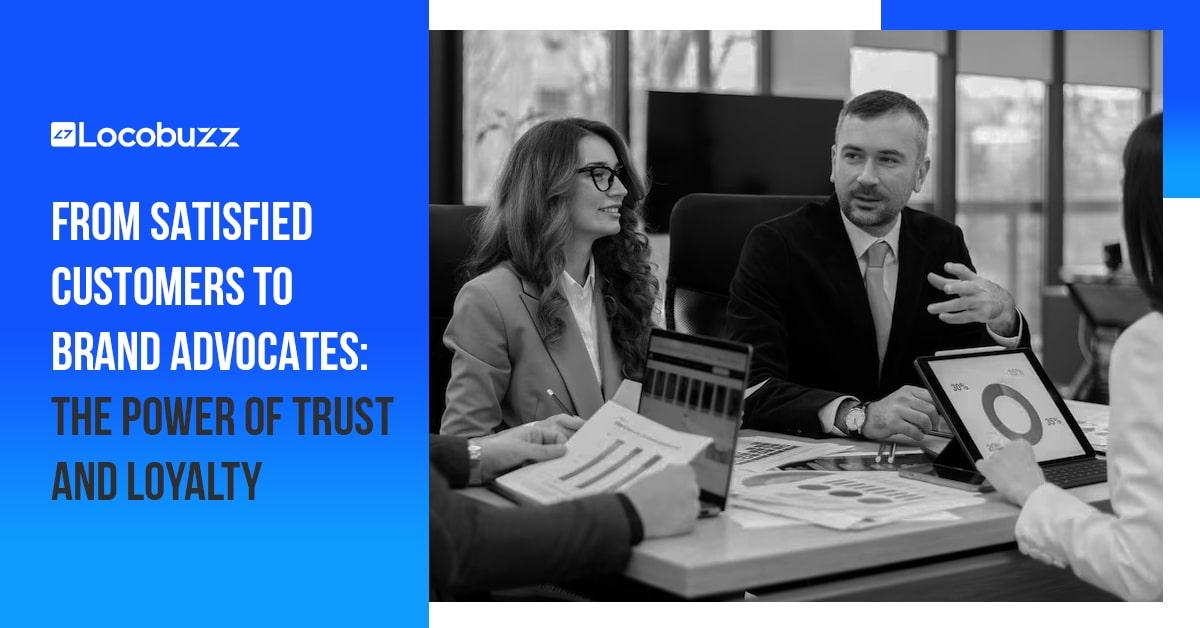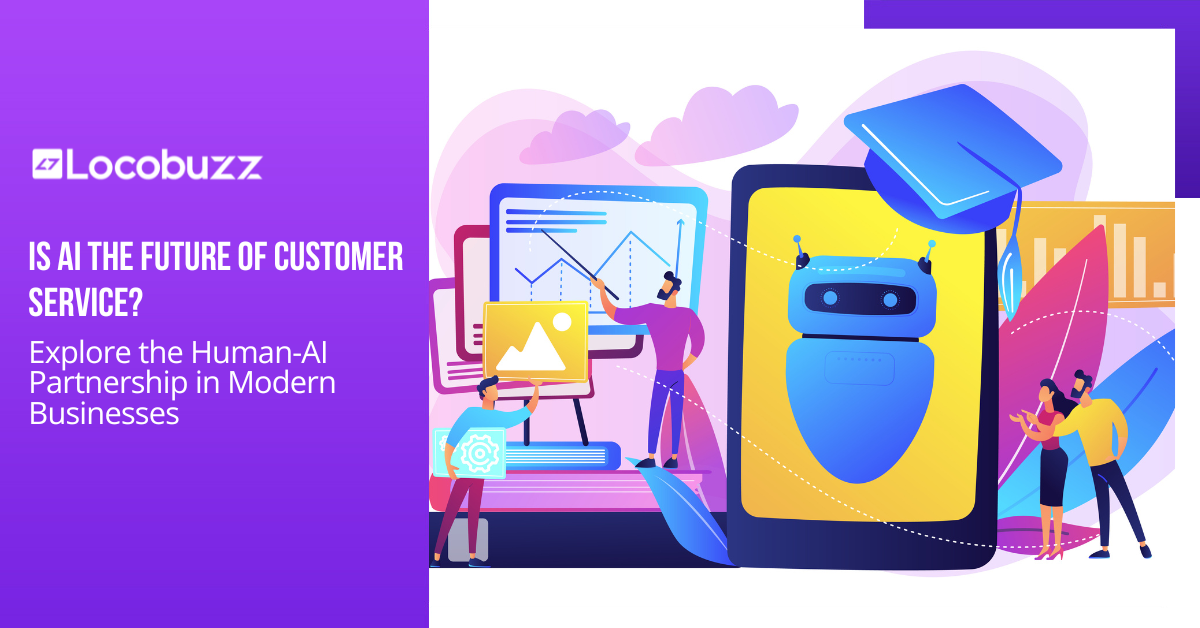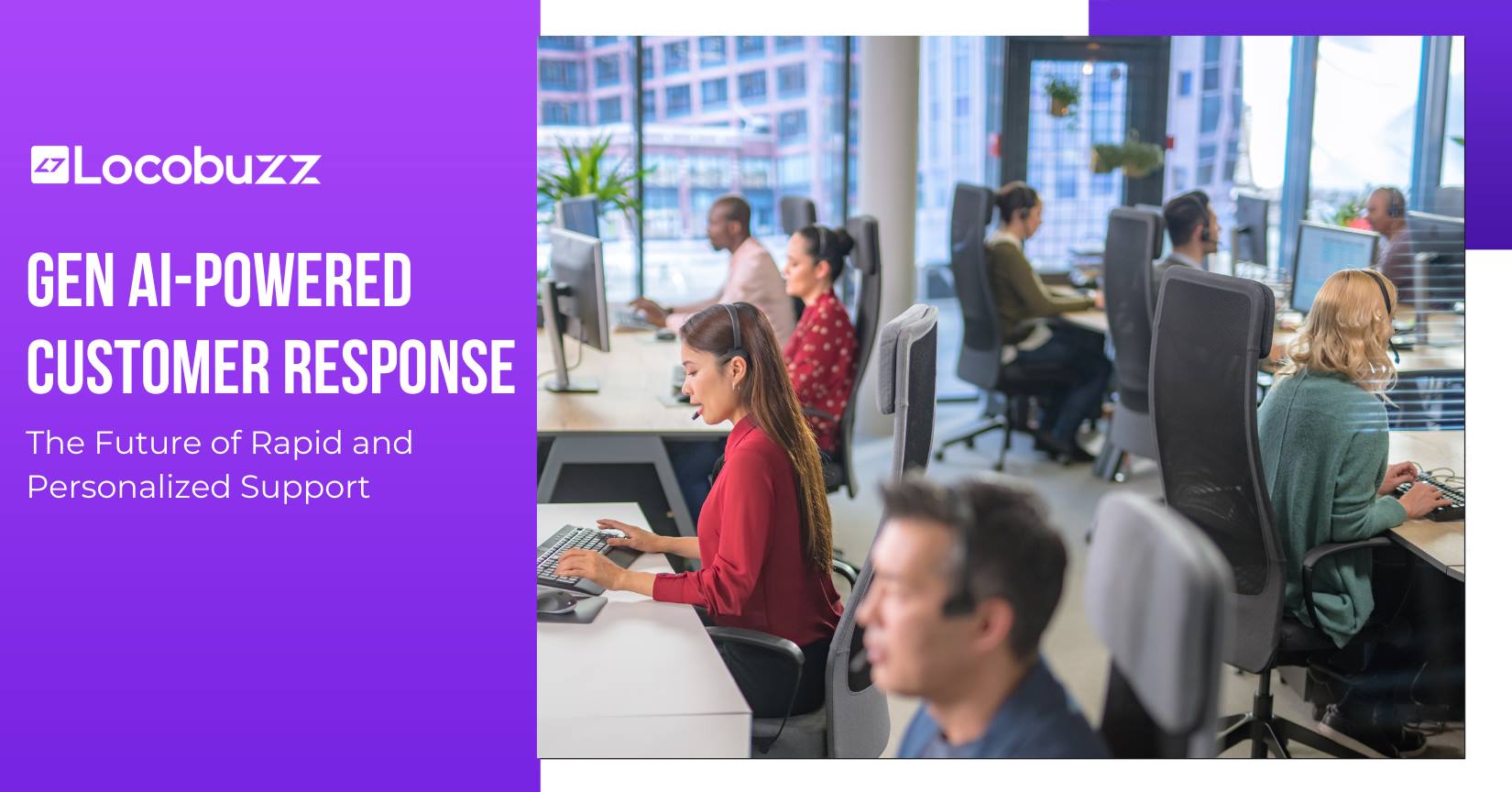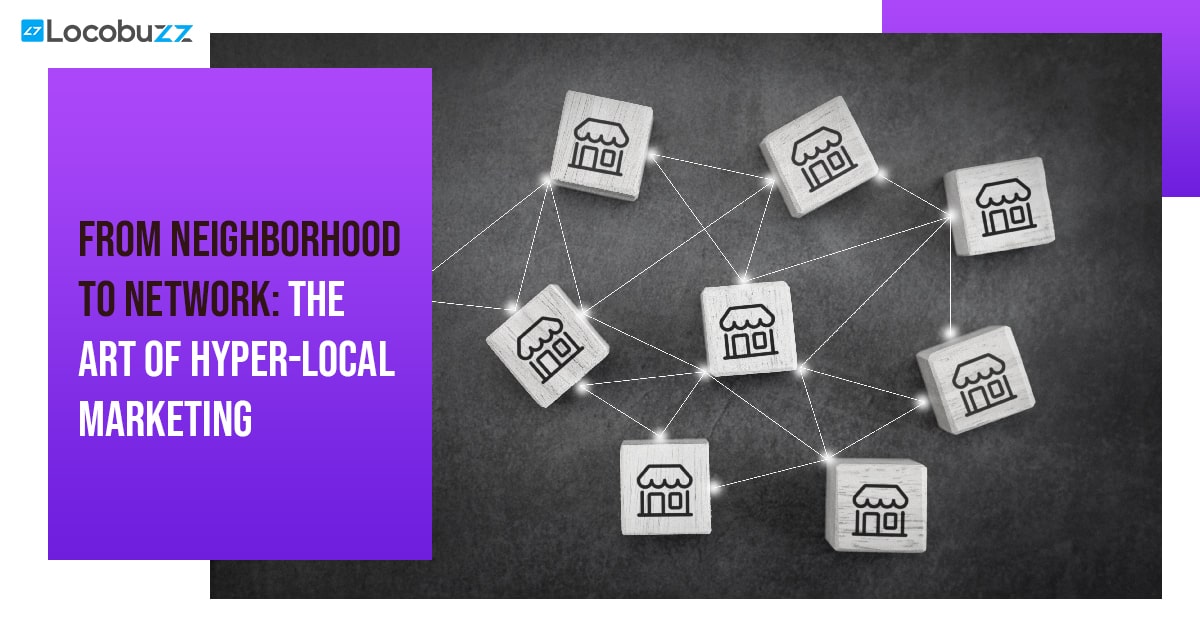The Power of Social Listening for Healthcare
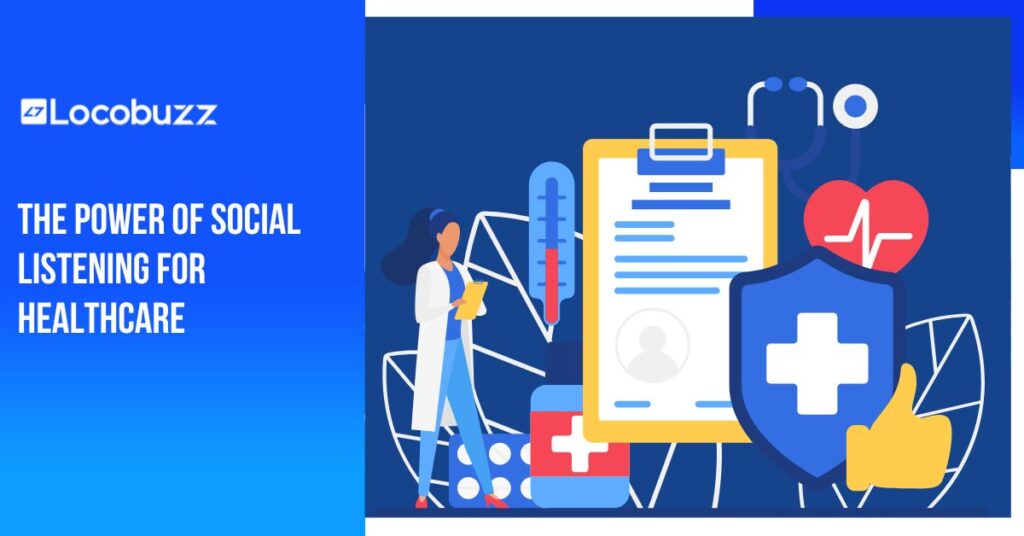
Imagine being able to hear the unfiltered thoughts, concerns, and experiences of your patients, all in real time. Think about tailoring your services, addressing unspoken needs, and building a stronger community – all possible by simply listening.
This isn’t a futuristic dream; it’s the power of social listening in healthcare. Forget traditional surveys and questionnaires; people are already expressing themselves loudly on social media! Harnessing this raw, authentic data can transform your approach to patient care and unlock incredible benefits.
Let’s see how this tool can revolutionize patient care, shape healthcare policies, and ultimately improve the well-being of individuals and communities worldwide.
Challenges faced in Healthcare sector
In healthcare, there are many tricky challenges that doctors, hospitals, and patients face. These challenges include things like high costs for treatment, not having easy access to healthcare, and problems with how information is shared between doctors and hospitals.
Other issues include not having enough healthcare workers, more older people needing care, and keeping up with all the new medical technology. These problems need everyone’s help to find solutions, so healthcare can be better for everyone.
Privacy Concerns: With more healthcare information being stored and shared digitally, people worry about their personal health data being accessed without their permission. This can make patients hesitant to share important information with their healthcare providers. Communication should be made easier for people without them worrying about their personal issues.
Information overload: Think about when you search online for how to get rid of a headache. You find lots of different suggestions, like drinking water, taking medicine, or trying home remedies. But each website says something different, and it’s hard to know which advice is right. This can be really confusing and make it tough to decide what to do.
Communication Gap: Sometimes, when you look up information about a medical condition, the websites use really big and complicated words. It’s like they’re talking in a language that you don’t understand. This makes it hard to trust what they’re saying because it feels like they’re not speaking your language.
Negative Sentiment: Let’s say you had a bad experience at the doctor’s office, like having to wait a long time or feeling like the doctor didn’t listen to you. You might want to talk about it on social media to let others know about your experience. But if the clinic doesn’t respond or handle your complaint well, it can make them look bad to other people who see your post. This can hurt their reputation.
Evolving Needs: Nowadays, people want things to be quick and easy, especially when it comes to healthcare. If a clinic doesn’t keep up with technology or offer convenient services like making appointments online or having virtual visits with doctors (telemedicine), patients might choose to go somewhere else that does.
5 Benefits of social listening in Healthcare
The power of social listening in healthcare is phenomenal. Imagine if healthcare providers could pay attention to what patients are saying online, like on social media or in reviews. They could learn what people are confused about, what they’re unhappy about, and what they want. Then, they could use that information to improve how they communicate, provide better information in simpler language, address complaints before they get out of hand, and meet patients’ needs better in the fast-changing digital world.
For example, let’s say a clinic notices a lot of complaints on social media about long wait times. They could respond to those complaints, apologize, and maybe even work on ways to reduce wait times in the future. This shows that they’re listening and trying to improve, which can improve their reputation and make patients happier. The power of social listening in healthcare has its own benefits.
1. Understand Patient Sentiment: This means figuring out how patients feel about the healthcare services they receive. For example, hospitals might ask patients to fill out surveys after their visits to rate their experiences. By looking at these ratings, hospitals can see if patients are happy with the care they received or if there are areas where they need to improve.
2. Empower Patient Engagement: This is about making patients feel involved and supported in their healthcare journey. For instance, doctors might use social media to answer common questions from patients publicly. This not only helps the person asking the question but also others who might have the same concerns. It creates a sense of community where patients feel like they can ask for help and get answers.
3. Predict and Address Emerging Trends: This involves staying ahead of new issues or concerns that patients might have. For example, during flu season, clinics might monitor social media for an increase in posts about flu symptoms. If they see more people talking about feeling sick, they can prepare by stocking up on flu vaccines and scheduling extra staff to handle more patients.
4. Improve content marketing: This means creating helpful and interesting information that patients will find useful. For instance, a healthcare provider might write blog posts or make videos about healthy eating tips or exercises to manage stress. By sharing this content online, they can attract new patients who are interested in staying healthy and learning more about their services.
5. Enhance Reputation Management: This involves managing how people perceive a healthcare provider. For example, if someone leaves a negative review online about a clinic, the clinic might respond publicly to apologize and offer to make things right. This shows other potential patients that the clinic cares about their experiences and is willing to address any issues that arise.
So, the power of social listening can really make a difference in healthcare by helping providers understand and meet patient’s needs and build trust within their communities.
Get Your Hands on Dashboard
How to implement social listening for healthcare in action
The power of social listening for healthcare involves monitoring social media platforms, online forums, blogs, and other digital channels to understand and analyze conversations, trends, and sentiments related to healthcare topics.
Step 1. Identify relevant keywords and topics:
Example: Suppose you’re a pharmaceutical company launching a new diabetes medication. You would identify keywords such as “diabetes treatment,” “insulin,” “blood sugar,” and relevant hashtags to monitor conversations related to diabetes management and treatment options.
Step 2. Select the right social listening tool:
Example: Choose a great social listening tool that allows you to track mentions, sentiment, and trends across various social media platforms. These tools offer features such as sentiment analysis and real-time monitoring, enabling you to gather actionable insights.
Using sentiment analysis tools helps healthcare organizations understand how people feel about them. It tells them if people are happy or unhappy with their brand. This helps them know how to respond and what changes they might need to make.
Step3. Monitor patient feedback and sentiment:
Example: Use social listening to monitor patient feedback about your hospital’s services. Track mentions of your hospital’s name along with keywords like “care,” “experience,” and “staff” to gauge patient sentiment. For instance, if you notice recurring complaints about long wait times, you can take steps to improve efficiency in your facility.
Step 4. Engage with patients and provide support:
Example: If you’re a healthcare provider, actively engage with patients who share their healthcare experiences on social media. For instance, if a patient tweets about their positive experience with your clinic, respond with a thank-you message and offer assistance for any further inquiries they might have. Similarly, if someone expresses concerns about a particular medication, provide accurate information and guidance.
Step 5. Track industry trends and competitor activities:
Example: Keep an eye on emerging trends and competitors activities in the healthcare industry. Monitor conversations around new medical breakthroughs, treatment methods, or healthcare policies. For example, if a competitor launches a new telemedicine service and receives positive feedback, you can explore similar opportunities to enhance your healthcare offerings and stay competitive.
By implementing these strategies, healthcare organizations can effectively leverage the power of social listening to gain valuable insights, improve patient experiences, and stay informed about industry developments.
Final Thoughts
In an age of information overload, where there’s so much information buzzing around, being a good listener can make a big difference, especially for healthcare organizations. The power of social listening in healthcare is like tuning in to what people are saying online, and it’s a superpower for healthcare providers.
Instead of just talking at people, social listening lets us hear directly from patients and understand what they need and want. It’s like having a secret window into their thoughts and feelings.
You’re not just sending out messages; you’re having real conversations with patients. You learn what worries them, what they like, and what they don’t. This helps you tailor your services to fit their needs better. Plus, it shows them that you care and that you’re paying attention.
So, by embracing the power of social listening, healthcare organizations can build stronger relationships, improve patient experiences, and ultimately, make healthcare journeys smoother and more meaningful.

